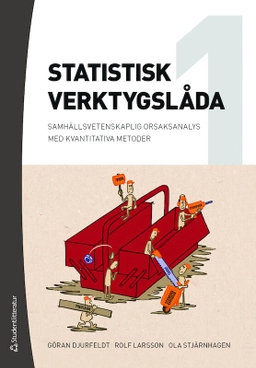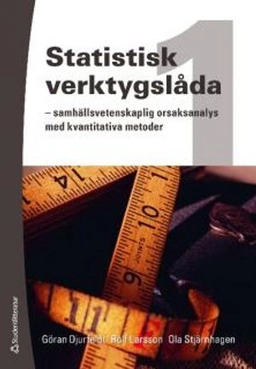Max Weber: The Lawyer as Social thinker aims to relate the categories of Weber's social thinking to the intellectual context of legal thinking and theory in which he was educated. Its interpretive aim is to show how knowledge of these relations illuminates our understanding of Weber's own intentions. By comparing Weber's social theory of the teleological kind favoured by his contemporaries, which sought to identify social purposes and their effects and realization in history, but rather to radically undermine the project of teleological social theory by replacing categories of description that are amenable to or dependent upon teleological interpretations with categories that are specifically constructed to strip away teleology. The book identifies some of the key sources of Weber's thought in the legal tradition, notably the jurisprudential theorist Rudolph von Ihering, who was a classic teleological thinker, influenced by Bentham as well as by neo-Kantianism. Weber's famous definition of social action should be adequate on the level of meaning and adequate on the level cause is shown to be a variant of Ihering's purposive definition of social action. The same is done for the concept of interest, which Ihering connects to common social purposes: Weber disconnects it. The book is the only account of the sources of Weber's sociology of law. The book leads to a new interpretation of Weber. It should be of interest to scholars in social theory, jurisprudence and the history of ideas.
Åtkomstkoder och digitalt tilläggsmaterial garanteras inte med begagnade böcker





















